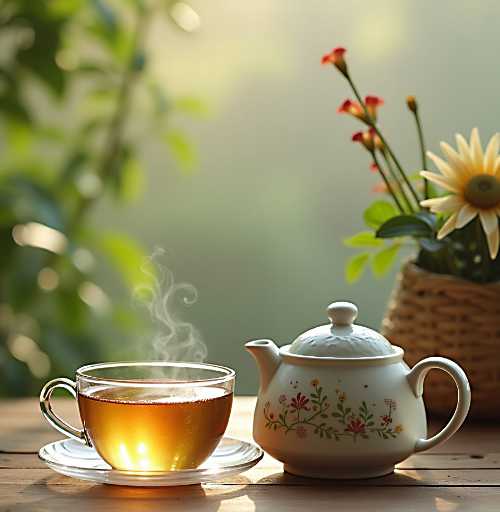Embracing the Pause:
The Art of Letting Things Unfold
In the Daoist tradition, Wu Wei (无为) is one of the most profound and misunderstood ideas. Often translated as “non-action” or “doing nothing,” it doesn't mean laziness or passivity. Rather, it points to a deeper wisdom: the art of not forcing. Wu Wei means aligning with the natural flow of things, acting with awareness and restraint instead of pushing against the current.
In today’s Western world, productivity is king. We measure value by how much we accomplish in a day, how busy we are, how quickly we can respond. Stillness is seen as laziness; rest must be justified. But from a Daoist view, striving too hard can actually get in the way. When we over-control, we interfere with the natural unfolding of events. The Dao (道), or “way,” cannot be rushed.
Nature offers the clearest example. A tree doesn’t try to grow—yet it grows. Water doesn’t try to find the lowest point—it simply flows there. When we live with Wu Wei, we act when the time is right, not when our anxiety demands it. We trust rhythm over urgency.
This principle is not abstract—it’s deeply practical. In parenting, for example, sometimes the most helpful response is to step back. Instead of lecturing a teenager in the heat of frustration, waiting and listening may lead to a more honest exchange later. In relationships, trying to fix a loved one’s problem can backfire; simply being present without judgment often brings more comfort than advice.
Even in work, Wu Wei applies. When stuck on a problem, forcing a solution may exhaust the mind and yield poor results. Taking a walk, pausing for tea, or sleeping on it allows insight to emerge naturally. Daoist teachers would say this is not “doing nothing”—it’s acting in harmony with the situation. Timing, in this view, is everything.
Practicing Wu Wei doesn’t mean we become indifferent. It means we become more skillful at observing when action is truly needed, and when our interference may make things worse. It invites us to notice the energy of a moment: Is it tense? Is it ripe for movement? Or is it time to wait?
In daily life, we can begin cultivating Wu Wei by embracing pauses. Resist the urge to fill every empty moment with scrolling, speaking, or planning. Allow silence to settle. Trust that not everything must be resolved immediately. In that space, we reconnect with a more natural rhythm—one that supports our mental and emotional well-being.
In the words of the Daodejing, “The sage does nothing, yet nothing is left undone.” The art lies not in effort, but in trust. Sometimes the most powerful action is no action at all.
Vocabulary Guide:
- Wu wei (无为): Effortless action or non-striving; a Daoist principle of aligning with the natural flow rather than forcing outcomes.
- Dao (道): Literally “the Way”; refers to the underlying natural order or path of life.
- Daodejng (道德经): Foundational Daoist text, attributed to Laozi, which explores how to live in harmony with the Dao.






